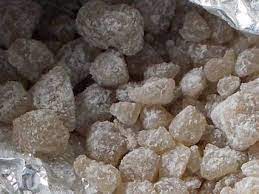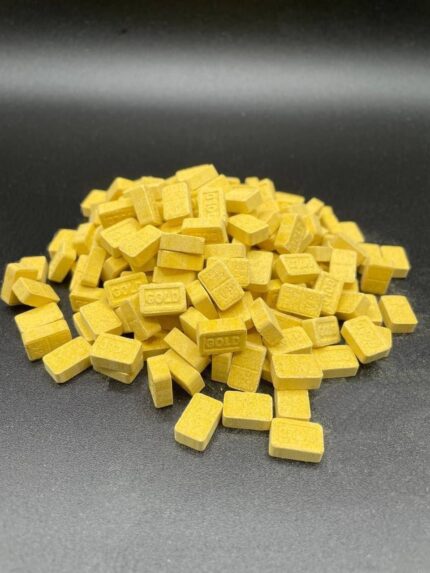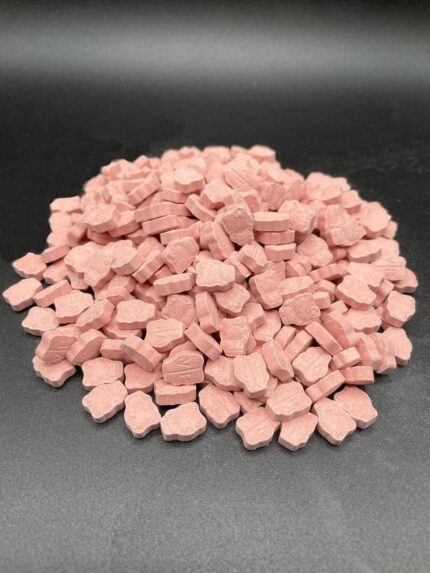MDMA
Showing all 2 results
Mdma
Rated 4.50 out of 5
$230.00 – $2,000.00
Quick View
what is mdma
MDMA, which is also known as ecstasy or Molly, is a synthetic psychoactive drug that alters mood and perception. It is classified as a phenethylamine and amphetamine class of drugs. MDMA is a popular drug among young adults and is commonly linked with the rave culture. MDMA has also been used in psychotherapy treatment for post-traumatic stress disorder (PTSD) in recent years.mdma drug
MDMA was first synthesized in 1912 by a German pharmaceutical company. At the time, it was not used for any medical purposes and was considered a failed experiment. It was not until the 1970s that MDMA was discovered to be a psychoactive substance with stimulant and hallucinogenic properties.mdma therapy
MDMA is usually taken orally in the form of a pill, tablet, or capsule. The effects of MDMA usually last for three to six hours, and the onset of the drug's effects occurs 30 to 45 minutes after taking it. The dosage and purity of MDMA can vary widely, and it is often mixed with other drugs, such as cocaine or methamphetamine. MDMA works by increasing the activity of three neurotransmitters in the brain: serotonin, dopamine, and norepinephrine. Serotonin is a neurotransmitter that regulates mood, appetite, and sleep. Dopamine is a neurotransmitter that regulates motivation, pleasure, and reward. Norepinephrine is a neurotransmitter that regulates arousal, attention, and stress. The effects of MDMA on the brain result in increased emotional closeness, empathy, and feelings of happiness. MDMA also increases heart rate, blood pressure, and body temperature. The user's pupils dilate, and they may clench their teeth or grind their jaw. MDMA can also have negative side effects, such as nausea, chills, sweating, muscle cramping, blurred vision, and anxiety. MDMA can be dangerous in high doses, and the risk of overdose increases when it is mixed with other drugs, such as alcohol or cocaine. Long-term use of MDMA has been linked to damage to the serotonin-producing neurons in the brain, which can result in depression, anxiety, and memory loss. MDMA use has also been associated with increased risk-taking behavior, such as unsafe sex and drug use. Despite its harmful effects, MDMA has been used in psychotherapy to treat PTSD in recent years. In a therapeutic setting, MDMA can help the patient feel more comfortable discussing traumatic experiences and can increase feelings of empathy toward oneself and others. MDMA is a Schedule I drug in the United States, meaning that the drug has a high potential for abuse and no currently accepted medical use. Possession and sale of MDMA can result in severe legal consequences. In conclusion, MDMA is a psychoactive drug that alters mood and perception. It works by increasing the activity of serotonin, dopamine, and norepinephrine in the brain. MDMA can have positive effects, such as increased emotional closeness and empathy, but it can also have negative side effects, such as nausea, anxiety, and memory loss. Long-term use of MDMA can result in damage to the serotonin-producing neurons in the brain and increased risk-taking behavior. MDMA is illegal in the United States and is classified as a Schedule I drug. While some studies show that MDMA can be helpful in treating PTSD in a therapeutic setting, the drug should be used with caution due to its potential for harm.Mdma Pills
Rated 4.80 out of 5
$175.00 – $1,900.00
Quick View




